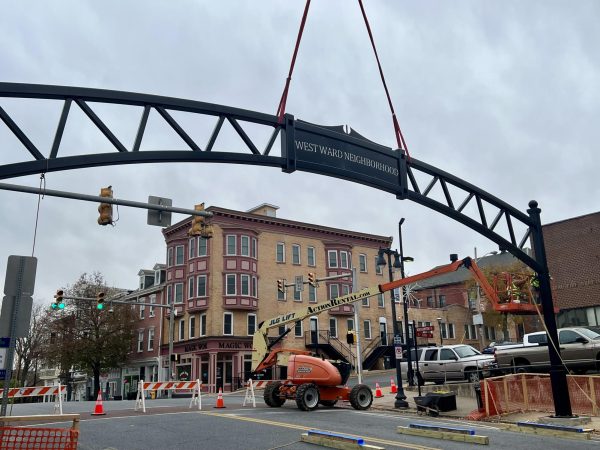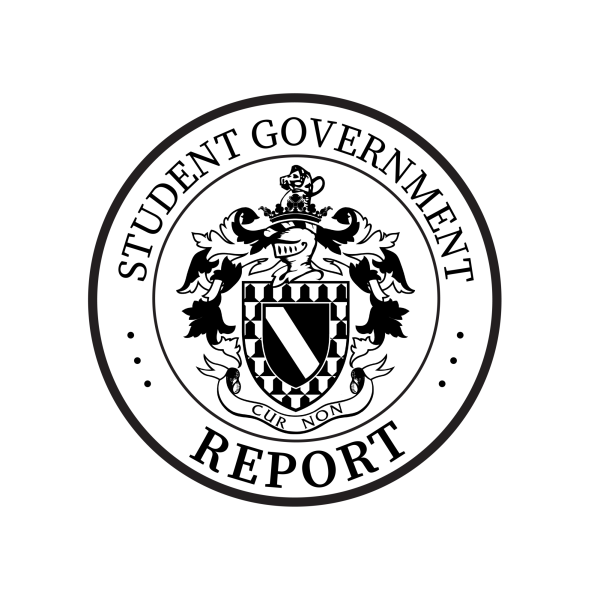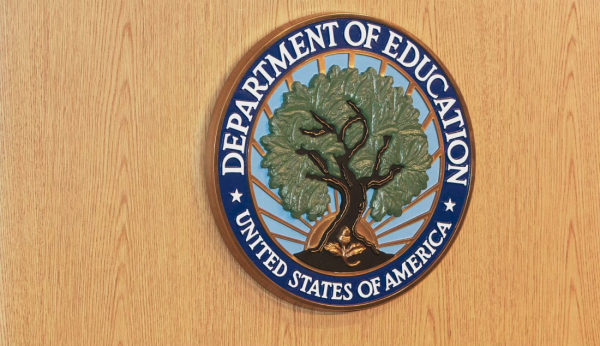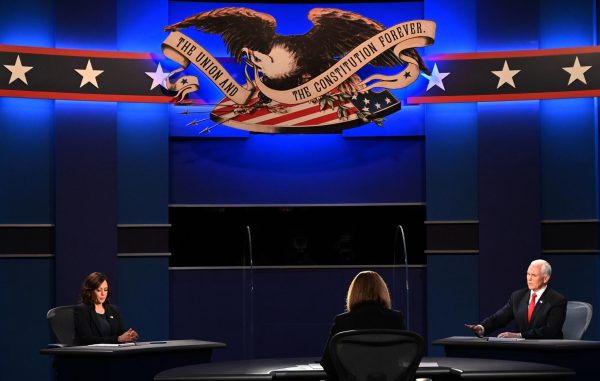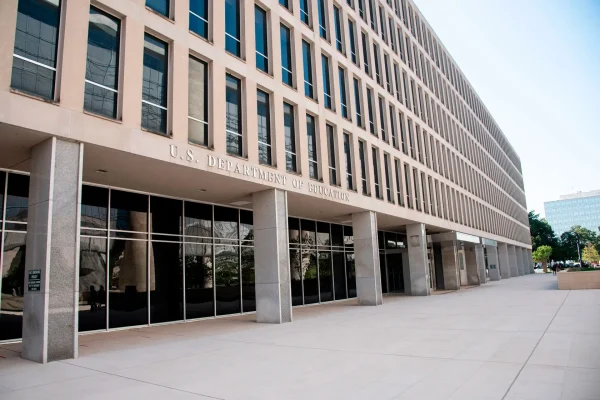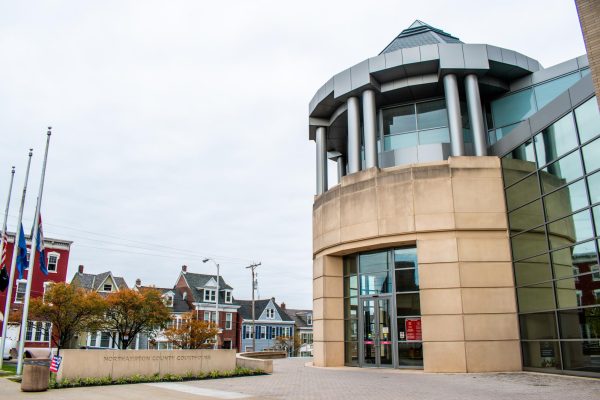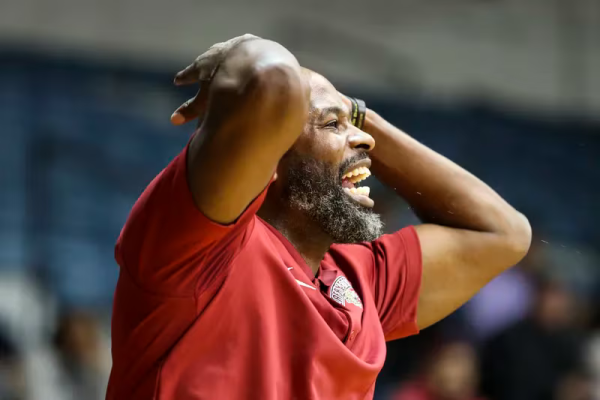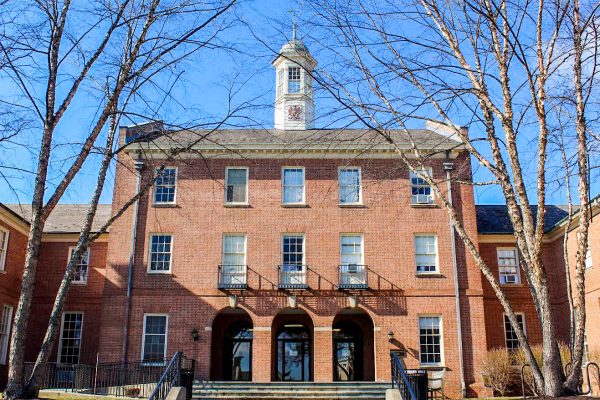Diorio, Samble and Goldstein provide community update at COVID-19 forum, aim for proactive approach in the future
October 1, 2021
This past Wednesday, around thirty people gathered for at an outdoor town hall led by Vice President of Campus Life Annette Diorio, Dean of Students Brian Samble and Director of Health Services Jeffrey Goldstein who addressed faculty, staff and students about how the school is responding to the COVID-19 situation on campus after an alarming outbreak last month.
Following an introduction by Student Government President Flor Caceres ‘22, the board first discussed the covid situation in general.
“Everyone was excited about coming back to campus. The whole United States was like ‘COVID is over,’ but towards the end of the summer, late July, beginning of August, you began to see a breakthrough in infections at a slightly higher rate as colleges got back together,” Diorio said.
In regard to the spike of cases on the Lafayette campus in September. Diorio cited the effectiveness of vaccines, claiming that they keep people from getting hospitalized and dying.
She also discussed the amount of testing being done at the Bailey Health Center. Diorio stated that while they were prepared to test 60 to 70 students per week, during the spike beginning on Sept. 14, they were having 100 students per day come in for testing. Bailey Health Center even had 200 students come in for testing on the first day of the spike. Goldstein gave credit to the health center staff for their handling of this situation.
“The testing capacity we had available last year was not available to us. So we could not commandeer 2,500, 2,700, 3,000 tests a week and demand that they return tests to us within 24 hours like we were last spring. It would have really crushed the testing from the general population,” Diorio said.
Diorio also took the time to respond to the accusations that Greek Life was being blamed unfairly for the spread of COVID among students.
“We were not attempting to blame the students in Greek life for the cases. We were acknowledging that recruitment is a specific type of event that brings a lot of students into close contact with each other, and therefore, a lot of spread,” she explained.
While Diorio did state that the number of cases were declining, Samble discussed the need to prepare for the next possible mass uptick in cases: “We still have meetings at night asking when the next spike could be. Could it be Halloween, could it be Thanksgiving, could it be the week before finals? And [we’ll] really try to see, okay, are we ready for the next [one]?”
The board was asked about rumors that quarantined students that had to find hotel rooms were allegedly forced to foot the bill. Diorio stated that the entire situation was very unfortunate and that the status of hotels being booked throughout the Easton area was so bad to the point they had to look for rooms as far away as Lancaster. Diorio claims, however, that the situation was resolved.
“We worked through it, quickly rectified that, reimbursed them, then booked their hotels for them,” Diorio said.
Currently, the board stated, there are 60 on-campus isolation rooms with most housing two students each and a varying number of hotel rooms available for those afflicted with coronavirus.
The board was asked if they planned to have forums such as this as a regular occurrence.
“I was thinking for us to set aside an hour every other week to just talk with students who want to come to talk to us about what they’re seeing and what’s going on and how things are playing out,” Diorio said. “[It’s] probably a better strategy than trying to arrange something after something bad happens.”



































































































